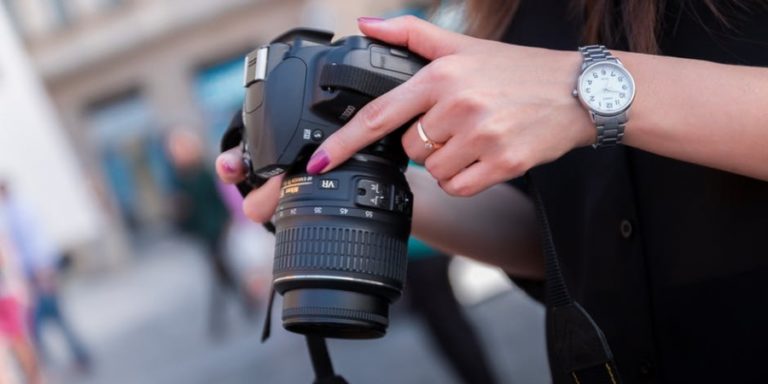
Getting The Best Value For A Camera
 When you are new to the recreational hobby of photography, you may feel a little trepidation. There is much to learn, and cameras are more sophisticated than ever. Below you will find some great tips for improving your photography.
When you are new to the recreational hobby of photography, you may feel a little trepidation. There is much to learn, and cameras are more sophisticated than ever. Below you will find some great tips for improving your photography.
Learn how to play with the shutter speed. You can choose to snap a quick picture or choose a slower exposure to capture a flow or movement in its entirety. You will need to experiment with this and find what kind of speed matches certain situations. This is a matter of personal style rather than a general guideline to follow.
Use manual white balance to spice up your photos. It is possible to let the camera decide the proper white balance for a given environment, but sometimes the camera will get it wrong and the photo will look washed out. Using a manual white balance also allows you to take artsy photos with sepia tones, for instance.
You should create depth and perspective when photographing landscapes. Foreground is very important in landscape photography; place an object in the foreground to create a sense of depth and scale. Setting a small aperture, no greater than f/8 with most consumer digital cameras or f/16 with a full-frame SLR, will provide sharpness to both the foreground and background.
When you are taking landscape photos, consider the sky. If the sky is rather bland and boring, do not let it dominate the photo. If the sky is lit up with wonderful colors (especially during sunrise, sunset or a storm) it is okay to let the sky dominate the photo.
You need a good deal of information to improve your photography. Even more if you are just getting beginning. Educating yourself is a key element in any creative endeavor. But it’s just as important to make the tme for practice. Use the tips you learned in this article, and you will see an obvious progression in your ability.